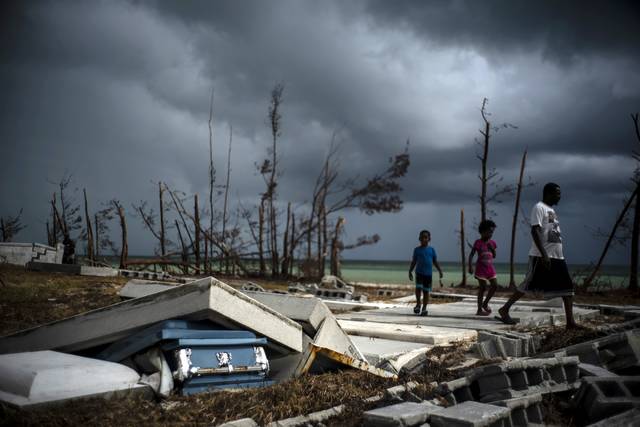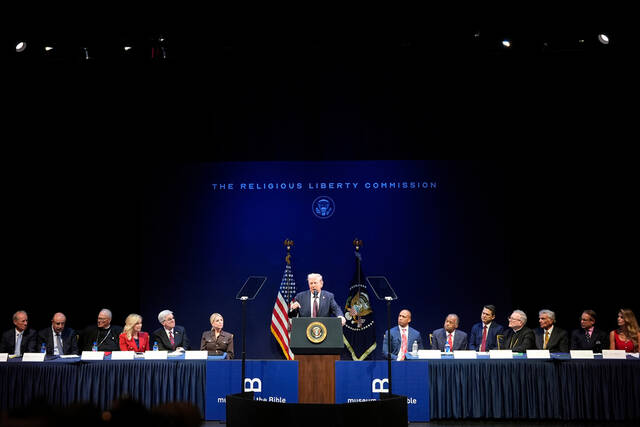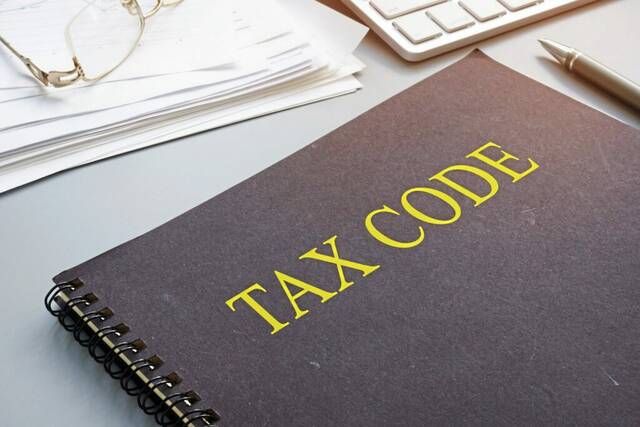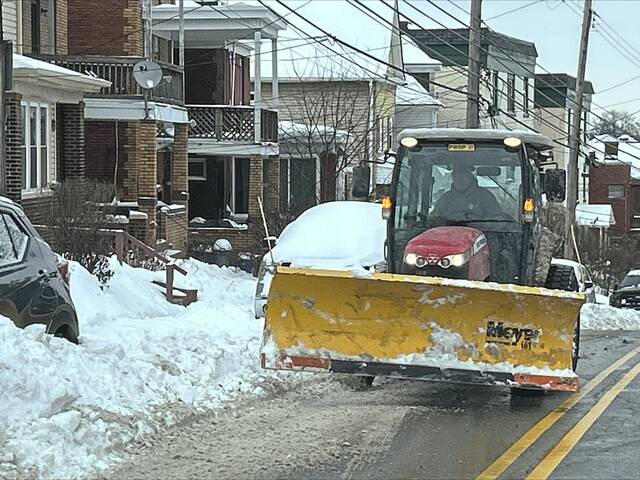It never fails. Every natural disaster brings in its wake higher prices for goods such as plywood and propane, and for services such as plumbing repair and carpentry. Just as surely, politicians and pundits and the general public — as they did in response to Hurricane Dorian — blame these high prices on “greed.”
Economists enjoy a field day revealing why “greed” is a lousy explanation. After all, there’s no reason to believe that people’s greed is intensified by natural disasters. Economists show that these price hikes are caused instead by the reality that natural disasters significantly raise the demand for staple goods and services while simultaneously decreasing the supplies of these things.
In short, natural disasters make many goods and services much more scarce. The higher prices reflect this unfortunate reality.
But higher prices also set in motion forces that eventually push prices back down. First, they discourage consumers from using these unusually scarce goods and services frivolously. Second, and perhaps more importantly, the higher the price of, say, bottled water, the greater are suppliers’ efforts to brave treacherous roads, to find alternative routes around washed-out bridges, and to risk being without cellphone contact, all in order to bring bottled water to people who need it most.
We might wish that these suppliers would all be so charitable as not to charge premium prices for their premium efforts. But wishes are a much weaker means than are higher prices of actually getting necessary supplies to natural-disaster victims. And by the way, nearly every person who self-righteously accuses suppliers of so-called “price-gouging” is someone who, unlike the disparaged suppliers, does absolutely nothing to bring needed supplies to disaster victims.
A small handful of people will agree that it’s OK for those who bring new supplies to disaster areas to charge unusually high prices. But what about merchants who, in the wake of disasters, charge unusually high prices for goods that they already had on hand and which they themselves acquired at “normal” prices? Isn’t it wrong — and shouldn’t it be unlawful — for merchants to charge more than normal mark-ups?
No.
How many people believe that someone who in 2005 bought 100 shares of Apple stock at $10 per share acts unethically by now selling that stock at today’s price of $220 per share? How many people believe that someone who purchased a home in 1980 for $65,000 is an evil “price-gouger” if that person sells the home today at its market value of $900,000?
If we don’t look askance at people selling assets such as corporate stocks and real estate at prices as high as can be fetched on the market, why do we look askance at merchants who sell goods at prices as high as can be fetched on the market? Merchants’ inventories, after all, are among merchants’ assets.
Yes, charging prices as high as can be fetched for the likes of plywood and propane might make these goods unaffordable to some people. But the same is true for charging market prices for corporate shares and houses. I, for one, simply cannot find an ethical reason for treating the sale of some assets differently from the sale of others.
And note this: By allowing merchants to charge unusually prices for their inventories, merchants are encouraged to have more inventories on hand — a happy outcome if and when natural disasters actually strike.








